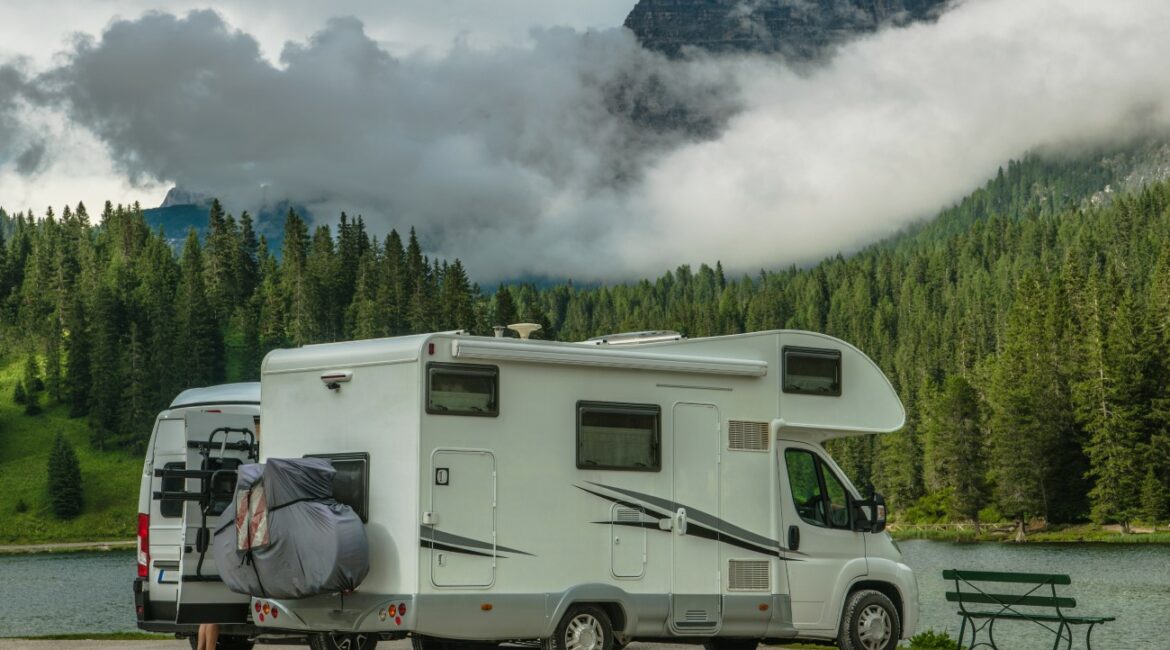Ah, the open road. Nothing quite like the freedom of packing up your RV and chasing the horizon, right? But in these environmentally conscious times, many of us want to ensure our adventures tread lightly on our planet. One way to make a huge difference? Going solar.
Why Solar? Embrace the Power of the Sun
Solar panels are more than just a trendy accessory. They’re about embracing a sustainable future. By harnessing the sun’s energy, you’re reducing the reliance on non-renewable energy sources. Plus, the silence of solar beats the constant hum of a generator, doesn’t it? And, let’s not forget, it can be more cost-effective in the long run.
Understanding Your Needs: Wattage and Beyond
Before jumping in, you’ll want to assess your power needs. Do you use your RV for weekend getaways, or is it your full-time home? The number of appliances you use, along with their energy consumption, will determine the wattage you’ll need. Remember, it’s always a good idea to get a bit more than your estimated consumption – better safe than sorry!
The Best Solar Panels for Your RV
Several top-notch brands stand out in the solar panel arena for RVs:
- Renogy: Known for its durability and efficiency, Renogy offers both monocrystalline and polycrystalline panels.
- Zamp Solar: Their plug-and-play feature is a hit among RV users. With high efficiency and excellent customer service, Zamp Solar is a contender.
- Goal Zero: If you’re after portable solar solutions, Goal Zero’s lineup might be your best bet. Lightweight and foldable, they’re perfect for those on-the-move.
Installation and Maintenance: It’s Easier Than You Think
With user-friendly kits and a plethora of online tutorials, setting up solar panels on your RV can be a breeze. Remember to position them where they’ll get maximum sunlight. As for maintenance? A simple wipe-down to remove dust and debris every now and then, and you’re good to go!
FAQ : Go Green or Go Home: Best Solar Panels for RVs
How much does a typical RV solar setup cost?
While the initial setup can range from $200 to $1000 or more, depending on wattage and brand, remember, it’s an investment that can save you money in the long run.
Can I run my air conditioner on solar power?
It’s possible but requires a powerful solar setup and probably a supplementary energy source.
How long do solar panels last?
With proper care, solar panels can last up to 25-30 years, though their efficiency might reduce slightly over time.
Do I need a solar charge controller?
Absolutely. It ensures your batteries don’t get overcharged and increases their lifespan.
Is it hard to install solar panels on my RV’s roof?
Not necessarily! Many kits are designed for DIY installation. However, if you’re unsure, it’s always good to consult or hire a professional.
Optimizing Solar Efficiency: Panel Angles Matter
You’ve got your solar panels, and you’re ready to harness the sun’s energy. But did you know that the angle of your solar panels can significantly affect their efficiency? Depending on where you’re traveling, the sun’s position changes, and so should the tilt of your panels. For example, during winter months in the northern hemisphere, the sun is lower in the sky. Adjusting your panels to a steeper angle can ensure they catch more sunlight. Some RV enthusiasts even invest in adjustable mounts that allow them to tweak the angle easily as they move from one destination to another. Remember, the more direct sunlight your panels receive, the more energy you’ll generate!
Solar Power Storage: The Role of Batteries
While solar panels are the stars of the show, the unsung heroes are the batteries. Think of them as your energy bank. They store the power your panels generate so you can use it when the sun isn’t shining. But not all batteries are created equal. Lead-acid batteries, while more affordable, tend to be bulkier and have a shorter lifespan. On the other hand, lithium batteries, though pricier, are lightweight, have a longer lifespan, and can discharge more energy without being damaged. Researching and investing in the right battery system can ensure you get the most out of your solar setup, keeping your RV powered up even on those cloudy days.
Environmental Impact: The Bigger Picture
Switching to solar is more than just a personal benefit; it’s a nod to a larger global cause. Traditional methods of generating electricity often involve burning fossil fuels, leading to greenhouse gas emissions which contribute to global warming. By opting for solar power, you’re reducing your carbon footprint. Plus, the more RV enthusiasts adopt solar, the more demand grows, encouraging innovations and advancements in solar technology. In essence, your choice can ripple out, influencing manufacturers, other RVers, and perhaps even communities, to think green. It’s a small step with the potential for significant global impact.
So, fellow traveler, if you’re looking to tread lightly on our beautiful planet while enjoying your RV adventures, solar is the way to go. Safe travels, and may the sun always shine on your journey!
- Transform Your Health with Medford Medical Weight Loss Program - June 9, 2025
- A Chat with Nate and Mika, Christian Wedding Photographers - July 18, 2024
- Ultimate Guide To Playing Online Casinos - May 27, 2024









